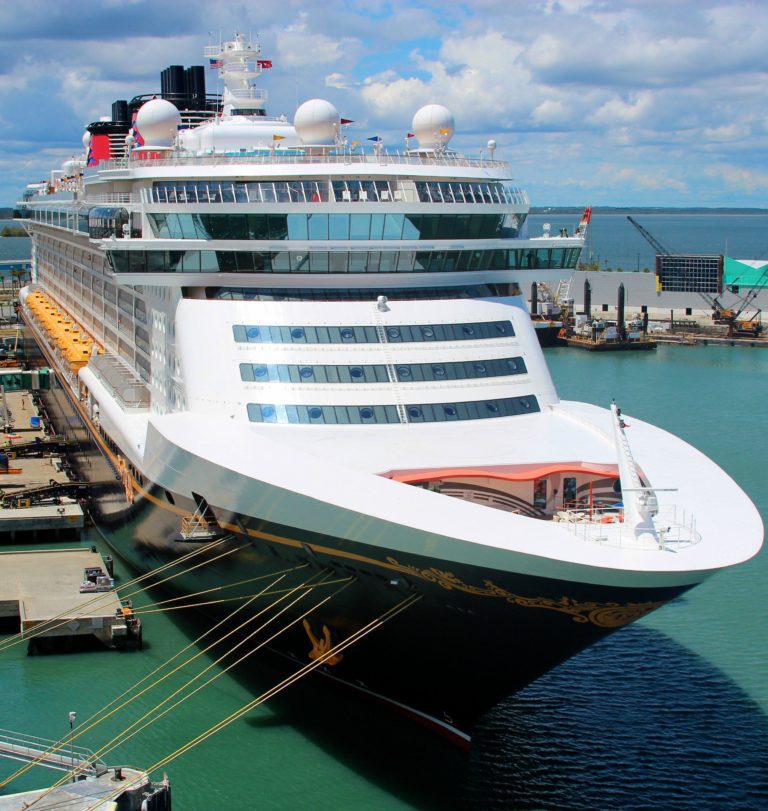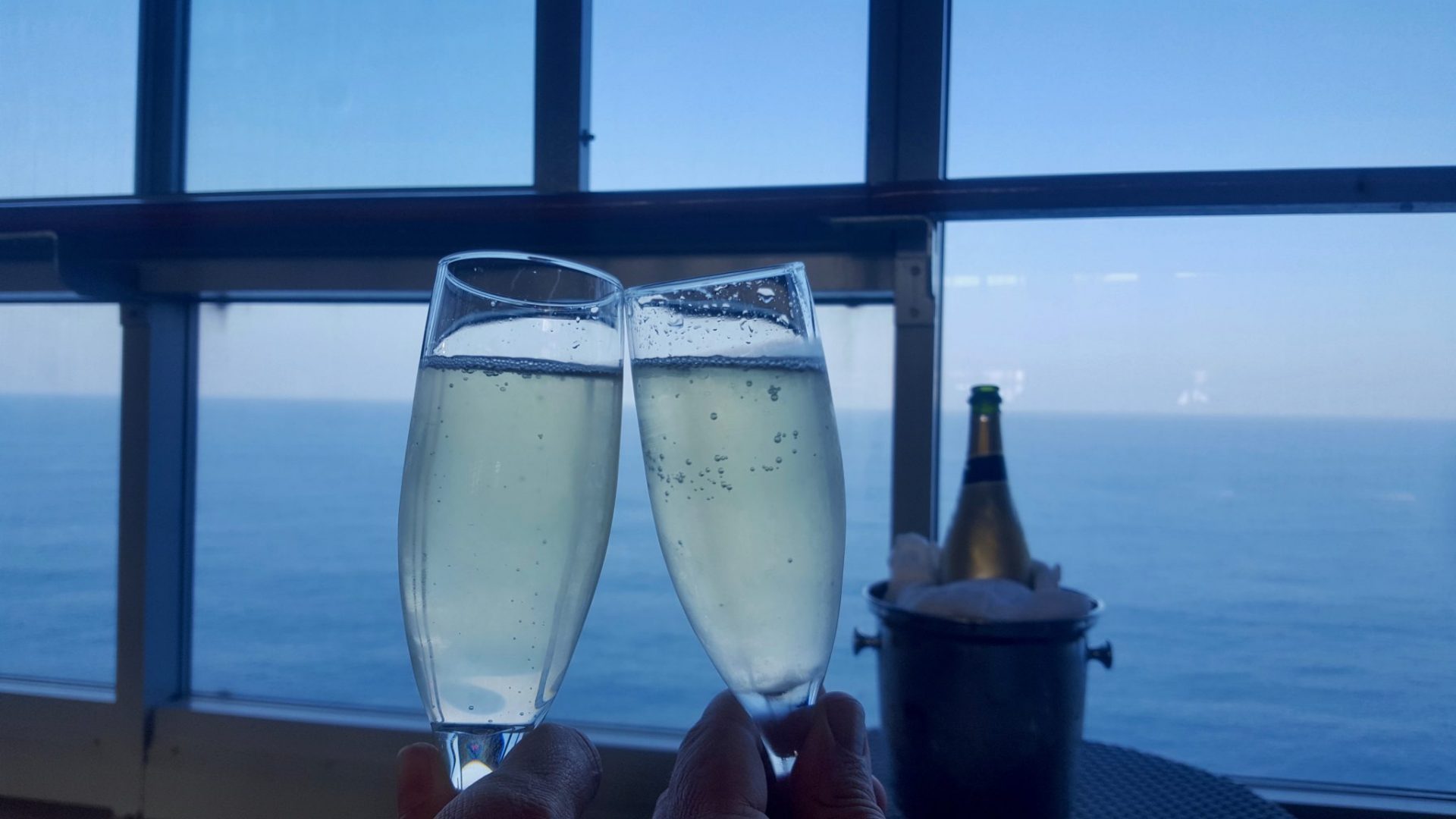Table Of Content

The gratuity is instead added onto the daily cost of the package. So a $70 per day drink package will have an 18-20% gratuity charge (the amount varies by cruise line) and actually costs you closer to $85 per day. But when you get a drink, you won’t see any additional charges, for the drink or gratuity.
Do all cruise lines have the same alcohol policies?
Passengers are not allowed to bring beer or liquor on their cruise, but wine is permitted in small quantities. At the same time, the liquor store at home typically sells smaller bottles for around the same price as larger one-liter bottles on the ship. Finally, there isn't tax charged at a duty-free point of purchase, which saves you even more when compared to land.
Carnival Cruise Line
What Can You Not Bring on a Cruise? 8 Things Not to Pack - Cruise Critic
What Can You Not Bring on a Cruise? 8 Things Not to Pack.
Posted: Fri, 16 Feb 2024 08:00:00 GMT [source]
If put it in your checked luggage, you might be called down to retrieve your bag. You might have the idea to bring on mixers and then buy a bottle from the duty-free shop to enjoy on your cruise. One other thing to note is that some lines — including Carnival and Royal Caribbean — do allow you to bring on some non-alcoholic beverages like sodas and waters. At first it can seem a little weird walking from a restaurant to the casino to the pool all while carrying a drink in your hand. For those of us used to laws surrounding public display of open containers, it feels unnatural. For instance, if you’re from Texas then Shiner Bock is a well-known beer brand and served just about anywhere in the state… but not nationally.
Advantage of bringing your own wine

If you don’t have the package, then it’s not a big deal to order multiple drinks at once. In fact, cruise lines often have beer buckets that you can purchase that have 4-6 beers. As you can see, the price of alcohol on the ship can be expensive.
Any alcohol purchased at ports is held and returned on the last night of the cruise. What’s not so nice is that the cruise line says a corkage fee is charged for each bottle, no matter if it is consumed in public areas of the ship or in your stateroom. The charge is $15 for a 750 ml bottle and $30 for a 1,500 ml (magnum) bottle.

Rum Runners On Carnival Cruise
On a Disney cruise, alcohol isn’t quite as “front and center” as you might find on other mass-market cruise lines. On the other hand, the cruise line is a bit more liberal with what you can bring onboard with you. In other words, security is on the lookout for smuggled booze.
One popular thing that many people do is buy alcohol in port. Often you can find these in duty-free stores, or find drinks you wouldn’t get back home or at cheaper prices. But don’t think you’ll be able to drink these back on the ship. When buying from a duty-free shop, your bottles will be packaged and then stored by the staff until the last day of your cruise. They will then be delivered to your cabin on the last night to take with you as you get off the ship.
What happens to alcohol I’ve purchased in port?
What happens if I board with alcohol that’s not allowed? If this is the case, then it’s up to the cruise line how they want to handle it. Some will simply hang onto the excess alcohol and return it at the end of the cruise. Either way, it’s best just to follow the rules so you don’t have to worry about what happens if it is found.
To find out your cruise ship's restrictions, see our story on cruise line alcohol policies. Guests may bring up to six bottles of wine or bubbly onboard during their cruise. For lucky guests sailing a full world cruise, the wine limit jumps to 60 bottles per stateroom.
Therefore many passengers want to know how much alcohol they can bring on board each cruise line to maximize any ways of reducing costs. Alcohol purchased in the ship's duty-free shops will be stored for you and returned at the end of your voyage. Being able to bring your own wine on a Royal Caribbean cruise has long been one of the best cruise tips for saving money on a cruise vacation. The potential downside to this change is someone cruising solo in a cabin, or booked with only kids in their room will now be limited to one bottle per sailing. In an update to travel agents, the amount you can bring will depend on how many adults are in the cabin.
There is a $15 corkage fee if you consume the alcohol outside your cabin. Alcohol purchased in ports will be stored until the end of the cruise. Each Royal Caribbean passenger of drinking age is allowed to bring, in a carry-on, one bottle (750 mL) of wine or Champagne. There is a $15 corkage fee if you consume your bottle in a dining room.
Guests can not bring any alcoholic or non-alcoholic beverages onboard during embarkation. Guests can not bring any alcoholic beverages onboard at embarkation. Most cruise lines stick to the U.S. drinking age of 21 onboard their fleets. However, some lines lower the drinking age to 18 when sailing from ports outside of the U.S. A corkage fee of $15 applies for each bottle if you decide to drink it in the dining room, bar, or another restaurant. The menu prices are typically posted on the fridge or nearby.
Some cruise lines allow passengers to bring alcohol in their carry-on bags, but it must still adhere to the permitted limits. It’s important to check with your specific cruise line to determine their policies regarding alcohol in carry-on luggage. Cruise lines are strict about the kinds of alcoholic beverages passengers can bring onboard, either at embarkation or from a port of call. If you plan on ordering many beverages (alcoholic or not) onboard, you might save money by purchasing a drink package, offered by many cruise lines. Learn more about all-you-can-drink packages in our story.
Guests are permitted one bottle of wine up to 2 bottles per stateroom. The relatively high prices can soon add up for some, whether you are drinking at the bars or with your meals. Cruise lines a lot of their make money from the alcoholic drinks they sell onboard. This makes it possible for guests to enjoy their favorite wines throughout the entire cruise without having the pressure of “using it or losing it”. This change means staterooms with more than 2 adults in the cabin could now enjoy more wine than before, such as in a Royal Caribbean suite.
That means every bottle or cigarette you bring back home will see a small tax. The tax runs about $3.75 for a liter or alcohol and $1.50 per pack of cigarettes. In most cases (there are all sorts of caveats), you are allowed up to $800 per person in goods before being charged duties on the amount. Duty amounts vary based on what item(s) you are bringing and the amount of goods you are bringing in. However, for many items, they run 3% for the first $1,000 over the $800 allowance. To be honest, with most cruises, the official customs declaration is a thing of the past.

No comments:
Post a Comment